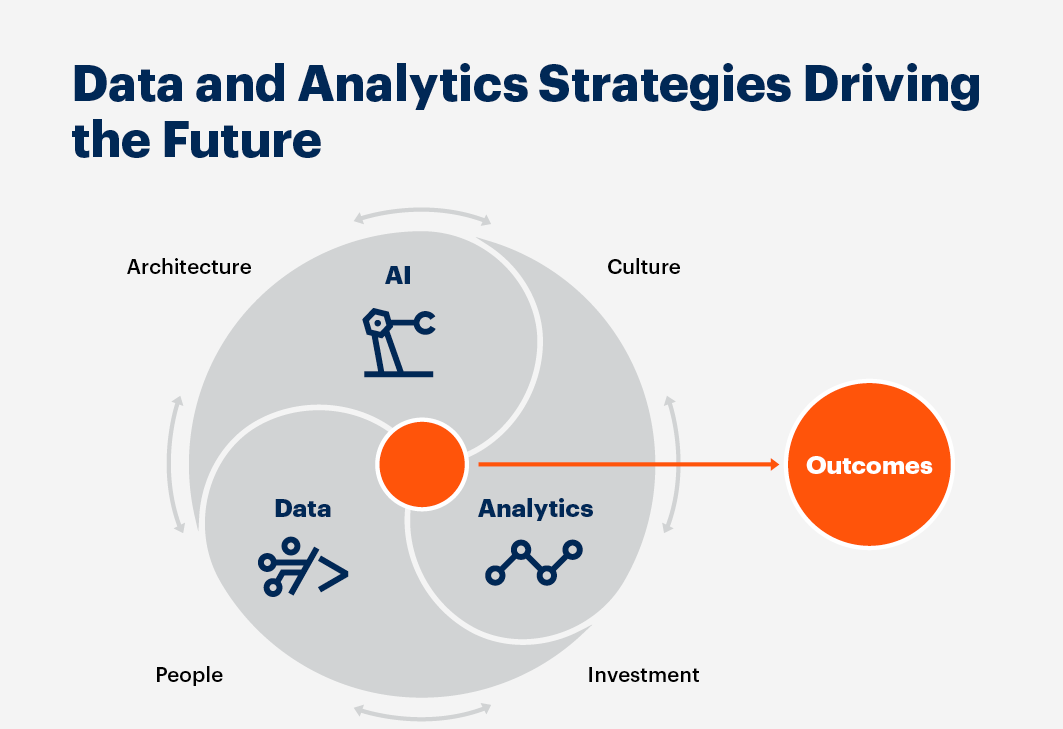In today’s era of information explosion, data is everywhere. It is not only the driving force of the development of the modern business world, but also a key resource for enterprises to make wise decisions. However, faced with massive amounts of data, how to effectively extract meaningful insights and transform them into actual business value has become a major challenge for enterprises. This is exactly the importance of data platforms – it is a powerful tool to help enterprises interpret data and make full use of data advantages.

The core role of data platforms in business
In an increasingly competitive business environment, having a comprehensive set of data management and analysis tools has become the key to corporate success. Data platforms are not just a data storage or processing tool, but also the core driver of corporate strategy. By effectively integrating and analyzing data, data platforms enable enterprises to identify market trends, understand customer behavior, and maintain competitive advantages in a rapidly changing market.
Efficient data management and analysis
Data platforms provide a centralized system that enables enterprises to systematically collect, store and analyze large data sets. This platform not only saves time and resources, but also enables enterprises to quickly identify important patterns and trends in data, so as to make accurate decisions at critical moments.
Strategic optimization
The power of data platforms lies in their ability to provide comprehensive market insights. By deeply analyzing market data, customer behavior, and competitive situations, companies can optimize their strategic planning, develop more targeted market strategies, and improve overall business performance.
1. Improve decision-making speed and accuracy
Data platforms allow companies to quickly collect and process large amounts of data. Through advanced data processing and visualization tools, companies can quickly identify key patterns and anomalies to provide timely and accurate support for decision-making.
2. Optimize business operations
Through the deep analysis capabilities of data platforms, companies can have a more comprehensive understanding of customer needs, market dynamics, and competitor strategies. This enables companies to optimize business processes and market strategies, drive more efficient operations and more sustainable growth.
3. Real-time monitoring and adjustment
Data platforms allow companies to track key performance indicators (KPIs) in real time, so that they can quickly identify areas that need improvement and make timely adjustments. Such real-time feedback mechanisms help companies maintain agility and responsiveness in a dynamic environment.
4. Enhance customer relationships
By deeply analyzing customer data through the data platform, companies can accurately understand customer needs and preferences and optimize products and services accordingly. This customized customer experience not only improves customer satisfaction, but also enhances customer loyalty and promotes long-term development of the company.
5. Flexibility and scalability
The data platform is highly flexible and scalable, and can adapt to the needs of companies of different sizes. It can be seamlessly integrated into existing business systems and customized according to the specific needs of the company to maximize its role.
Choose the right data platform
Choosing the right data platform is an important step for companies to succeed. When making a choice, companies should consider multiple factors such as the platform’s processing power, user experience, security, compliance, and scalability. A strong and reliable data platform should not only be able to handle current data needs, but also be flexible enough to support future growth and changes in the company.



